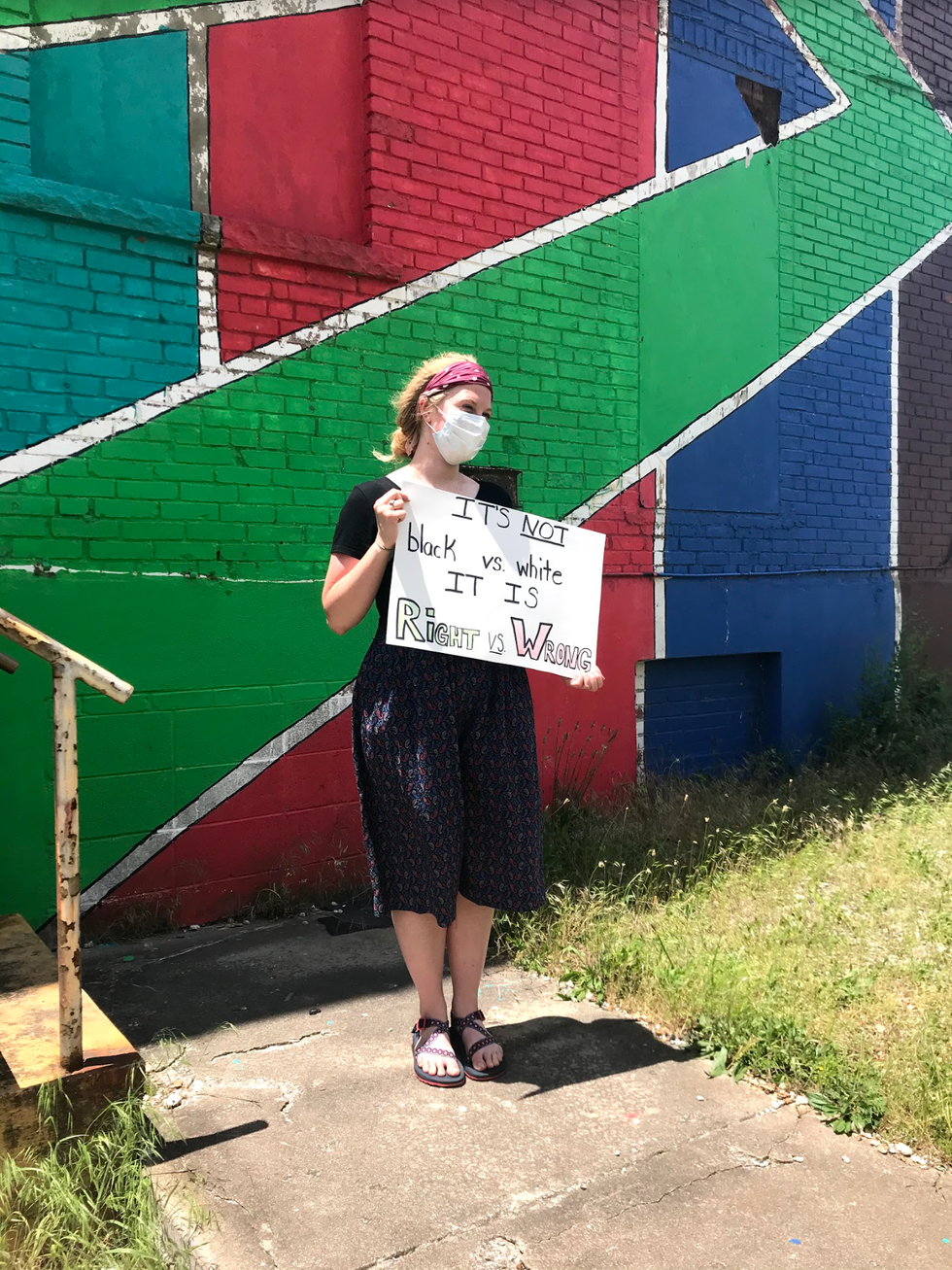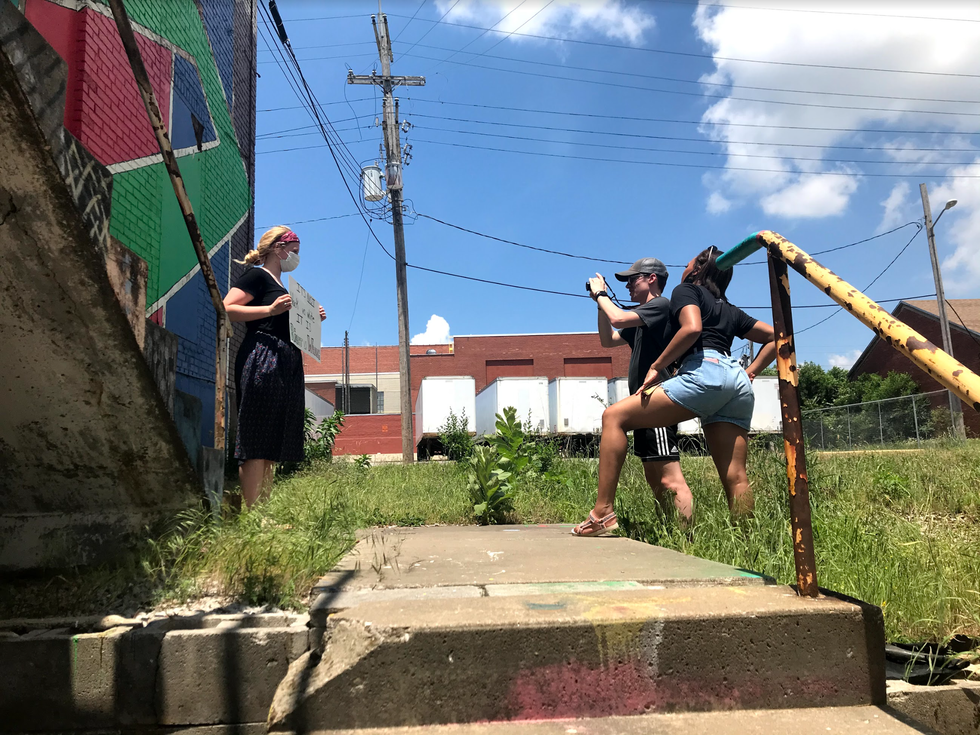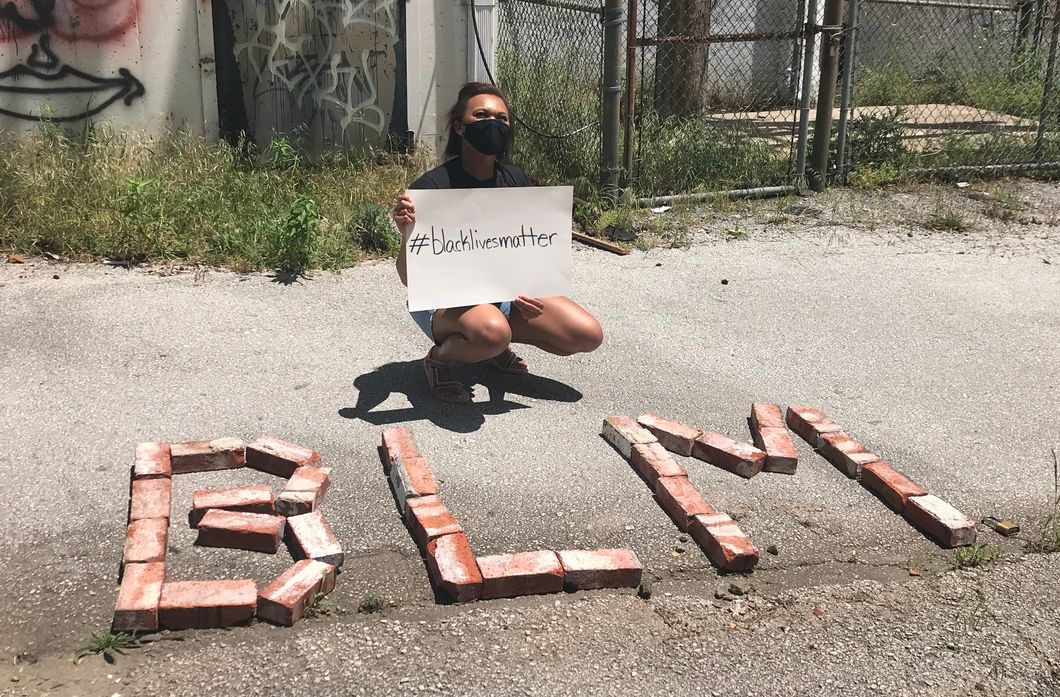In light of the recent developments in the Black Lives Matter Movement, actress and director Taylor Godwin wanted to make a difference.
On Wednesday, June 3rd, she gathered her friends in Springfield, MO to shoot a portion of a short film supporting BLM and the protests happening around the country seeking justice for the murders of Breonna Taylor, George Floyd, and so many other innocent members of the black community.
Interview with Taylor Godwin, Actress and Director of BLM Short Filmwww.youtube.com
Godwin wanted to create a video that brought awareness to the BLM movement, as well as her friends that serve as a support system for her.
"I decided to put a short film together that supports the Black Lives Matter movement. Really, I just wanted to show the viewpoint and the value of a black human being because I think America has kind of forgotten that a little bit, and that black people are human and that we actually go through pain and we actually do have feelings"
"This video is to promote that and have the support of everyone. So, in this video you'll see a lot of my friends supporting the black lives."

"Because there's a protest going on right now, to promote Black Lives Matter, I decided to have some signs in there that kinda shows the viewpoint that Black Lives has, like things about no justice, about peace, only living when there's freedom, the fact that black lives do matter."

"I also have images of experiences of black people. Like, for me, when I go into a store and being followed, or going to a restaurant and getting dirty stares. Little stuff like that, microaggressions that white society doesn't really see, that they don't really experience, that I just wanted to talk about a little bit and hit on."
I also spoke with actress Ashley Whittaker, who was one of the artists involved in the project.
"Now more than ever, it's so important to make those voices be heard and to give a platform for the marginalized voices, and for people to recognize their privilege, and what they can do to help stop it."


















